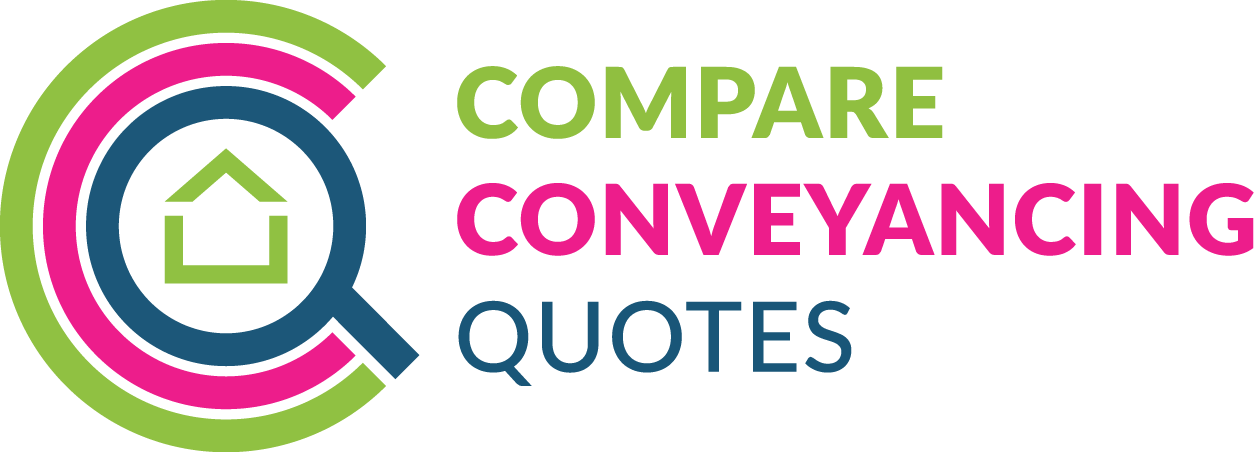5 Things You Should Avoid Doing If You Are About to Buy A House
It can be very stressful when you’re preparing to purchase a property. After all, there’s a lot to do and arrange, and it can all become a bit overwhelming. However, if you need to obtain a mortgage, you definitely don’t want to drag the process out or even potentially bring it to an untimely end.
It’s vital to bear in mind that your finances and credit rating will be monitored until the loan finally closes, so there are a few things to avoid if you’re about to buy a house. Here are just five of them.
Disrupting Your Credit Score
Each time your credit score is checked by a business, your credit score will register the check and reduce by a few points. This may not appear to be too much of a problem, but if you’re just a few points away from securing your quoted rate or securing an approval, just a couple of loan enquiries could cause you major difficulties. Now isn’t the right time for making enquiries about your credit report, cancelling your cards or paying off any debts.
Opening New Credit Lines
Buying a property means lots of expense, so don’t take on any new debts at this point. Even small debts could throw your debt-to-income ratio off and could end up disqualifying you from your chosen home loan. Don’t take out any new credit or store cards, don’t extend any existing credit lines, and don’t make any other financial changes that could cause your lender to get cold feet. This includes buying a car with a car loan since this will be viewed as another significant debt.
Missing Bill Payments
You should always make sure you pay your bills in a timely manner, but when you’re buying a home, it can be all-too-easy to forget about a payment accidentally. Yet, this could have a serious consequence, particularly if the missing payment is on your mortgage. Even one missed bill months before a mortgage application could cause your credit score to be lowered and jeopardise your chance of getting your loan.
Moving Money Around
If you’re planning to make a large withdrawal, deposit or transfer – don’t! Wait until the sale has completed before you do so since your mortgage approval will be based on your financial circumstances at the time that you applied. Changes made after that time will have an impact.
Changing Jobs
When you’re obtaining a mortgage, you should avoid getting a new job, as this could cause the mortgage lender to question whether or not you’re financially stable. Even a positive change such as taking on a different position at your existing workplace or moving to a full-time role from a part-time one could cause your mortgage lender to think twice.
If you avoid the above five things in the few months before you buy your home, you should have no difficulties securing your mortgage with your chosen lender and when you are ready we can provide you with a conveyancing quote from our panel of leading solicitors.

